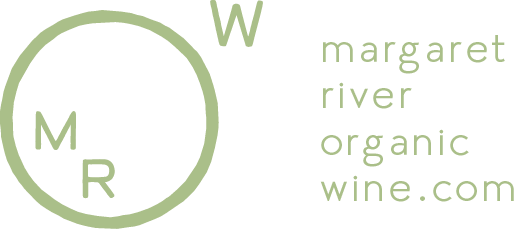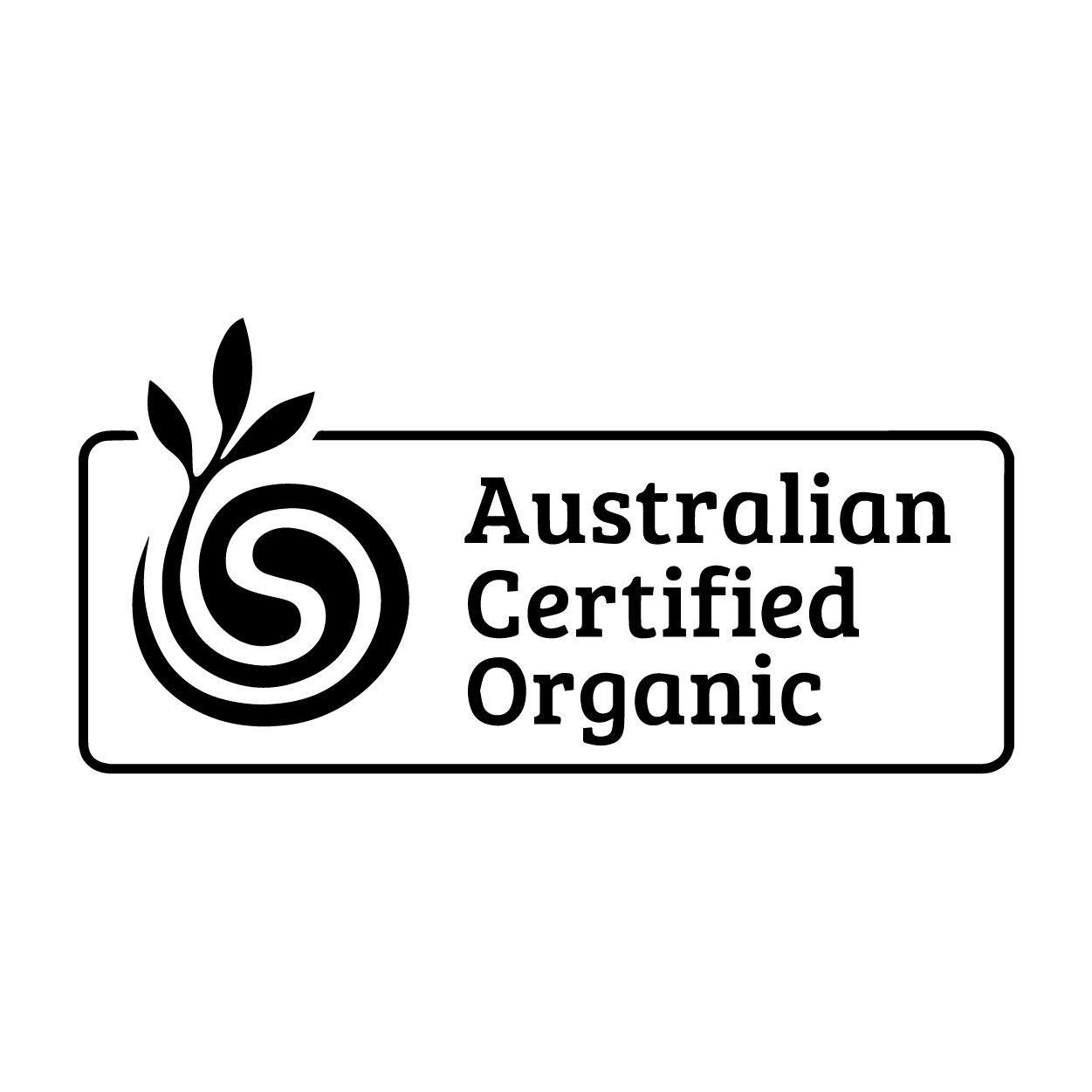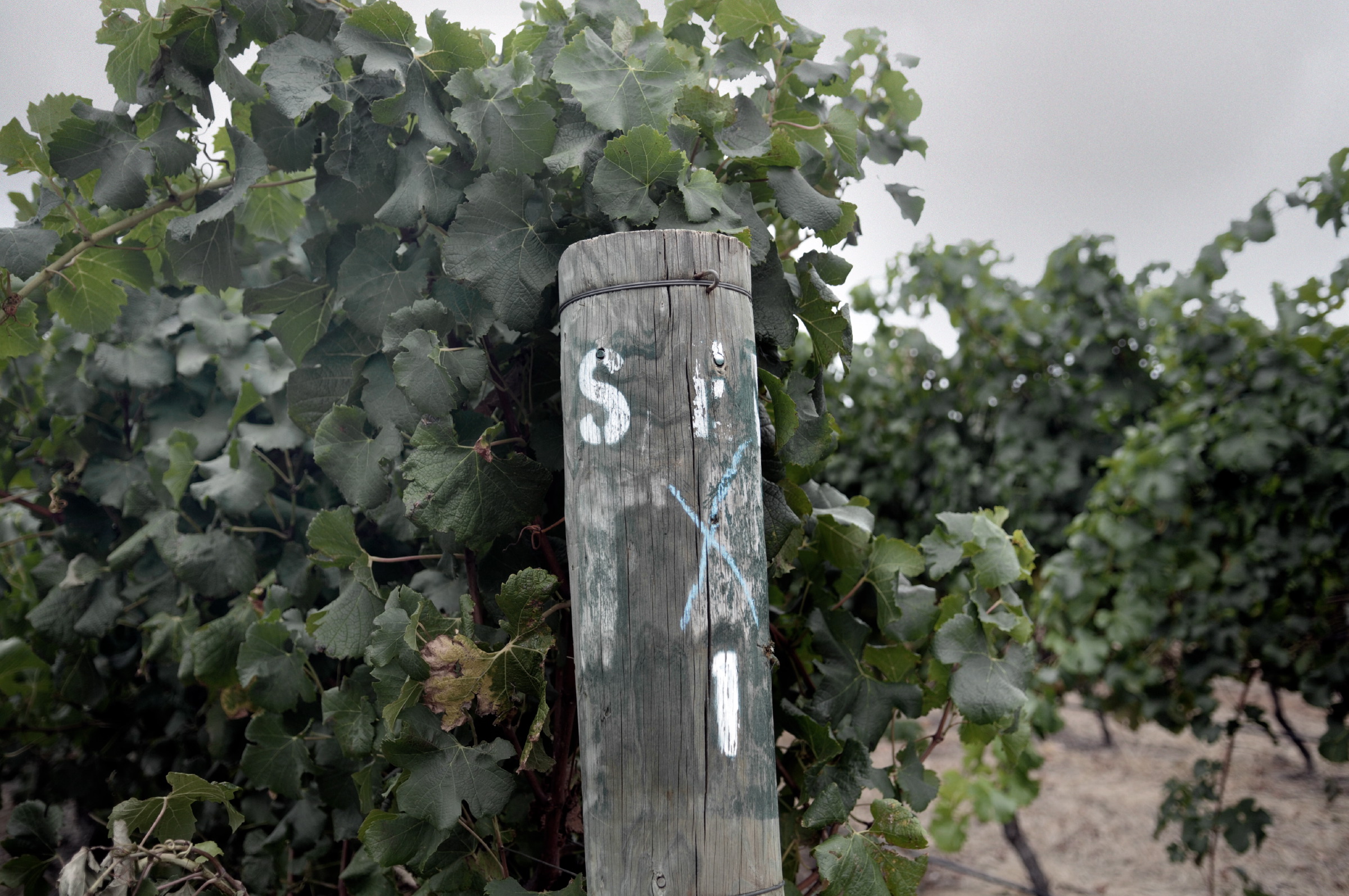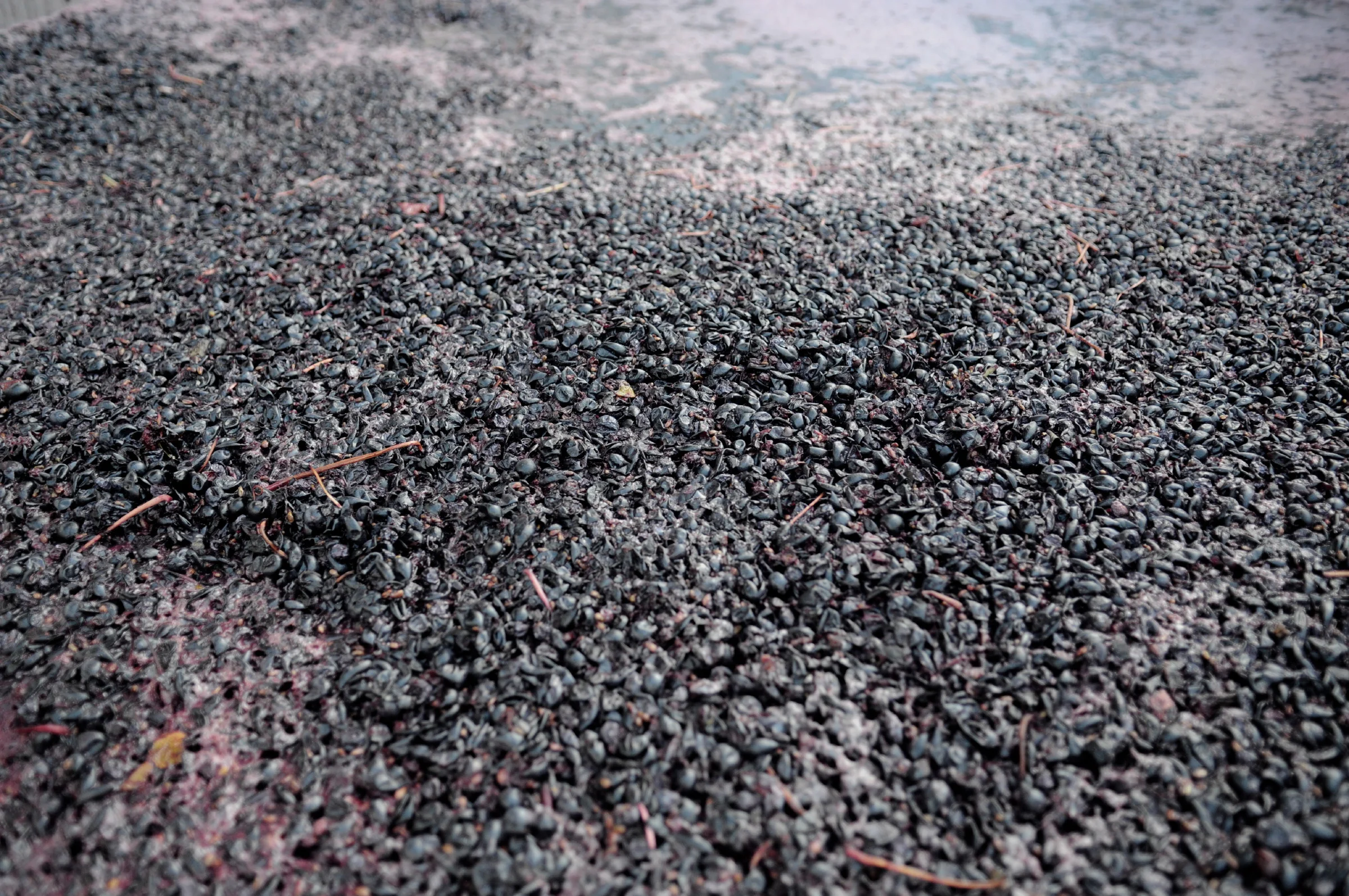Margaret River Organic Wine introduces a group of certified producers who are passionate about organic and biodynamic wine in the Margaret River region.
Certified Organic or Biodynamic Producers
Organic and biodynamic produce is increasingly popular with and sought after by consumers. A growing number of producers in the Margaret River Wine Region are gaining certification as organic or biodynamic grape or wine producers, and the purpose of this site is to identify all producers in the Margaret River Wine Region who are certified organic or biodynamic so that consumers can seek out their products. The list below provides basic information as to the certification status of every producer in the Margaret River Wine Region that has gained, or is in the process of gaining, organic or biodynamic certification for their vineyards or wineries. Note that some of the larger producers on the list are converting their vineyards to organic over an extended period of time, or will buy fruit from non-certified producers, so not all of the fruit they use in their winemaking will be certified. By clicking on the name of a producer you will be taken to their website where you can obtain further information on their business and philosophy, as well as details of opening times and location. This listing was last updated on 23 August 2025.
Margaret River Certified Organic and Biodynamic Wine Trail
At present there is only a small number of producers in the Margaret River Wine Region that have fully certified all their vineyards and their wineries, and that have all their current release wines produced from certified organic or biodynamic fruit. The Margaret River Certified Organic and Biodynamic Wine Trail visits a selection of these wineries on a relaxed and picturesque journey through the heart of the Margaret River Wine Region and its many attractions. An online version of the wine trail brochure can be accessed by clicking this link. Copies of the wine trail brochure are also available through visitor centres in the Margaret River region.
| PRODUCER | ORGANIC/BIODYNAMIC | CERT AGENCY | CERT NO | GRAPES | WINE |
|---|---|---|---|---|---|
| Blind Corner | Biodynamic | ACO | 12066 | Yes | Yes |
| Burnside Organic Farm | Biodynamic | Demeter | 743 | Yes | Yes |
| Cullen Wines | Biodynamic | ACO | 10864 | Yes | Yes |
| Rosily Vineyard | Organic | ACO | 12122 | Yes | Yes |
| Settlers Ridge | Organic | SXC | 6115P | Yes | Yes |
| Stormflower Vineyard | Organic | SXC | 19021 | Yes | Yes |
| Churchview Estate | Organic | ACO | 12758 | Yes | Yes# |
| House of Cards | Organic | ACO | 12799 | Yes | Yes# |
| Marri Wood Park | Biodynamic | Demeter | 735 | Yes | No |
| McHenry Hohnen | Biodynamic | ACO | 12956 | [Yes] | Yes# |
| Morlet Wines | Organic (in conversion) | NASAA | 6424 | No | No |
| Si Vintners | Biodynamic (in conversion) | Demeter | 789 | [Yes] | No |
| Snake & Herring | Organic | SXC | 22024 | [Yes] | No |
| Voyager Estate | Organic | ACO | 12507 | Yes | Yes# |
| Walsh & Sons | Biodynamic | Demeter | 777 | Yes | No |
| Wayfinder | Organic | ACO | 13155 | Yes | No |
| Windows Estate | Organic | SXC | 20109 | Yes | Yes# |
| Windance Estate | Biodynamic | Demeter | 799 | [Yes] | No |
| Woodlands Wines | Organic | NASAA | 6392 | [Yes] | Yes# |
| [ ] indicates that not all of the vineyards owned or contracted by this producer are under certification | |||||
| # indicates that not all of the wines currently for sale by this producer are made with certified organic or biodynamic grapes | |||||
Certifying Agencies
In Australia, achieving organic or biodynamic certification requires meeting and maintaining the standards prescribed by one of Australia's four private certifiers, who base their certification standards on the National Standard for Organic and Biodynamic Produce published by the Department of Agriculture, Fisheries and Forestry. All certifiers are accredited by DAFF. Australian Certified Organic (ACO), Australian DEMETER Bio-Dynamic (Demeter) and Southern Cross Certified (SXC) are the main certifiers in Australia for organic and bio-dynamic producers or processors in the wine industry. If you are interested in buying organic or biodynamic wine, you should look for the logo of the certifier on the bottle, to verify that the product is certified.













